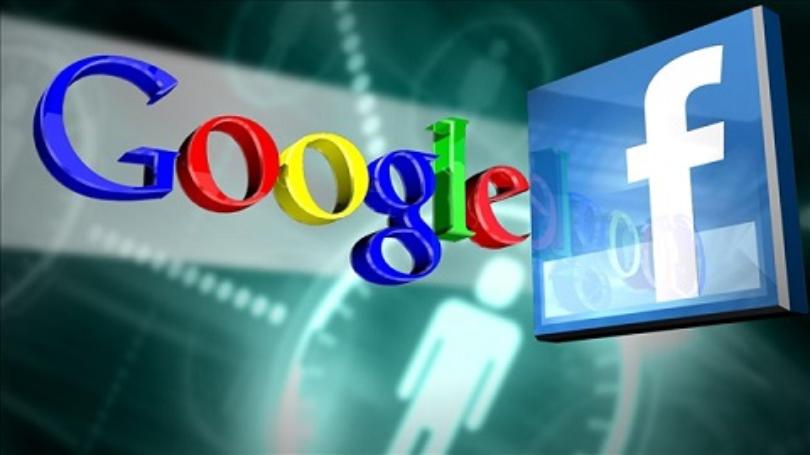Google has said the European Union (EU) new copyright directive is one step forward and two steps back.
TheNewsGuru (TNG) reports Google’s SVP of Global Affairs, Kent Walker made this known in a blog post on Sunday.
European lawmakers recently agreed on a final text of a new copyright directive, and many voices, including consumer associations, creators, small publishers, academics and startups have shared their concerns about the outcome.
“Having studied the final text, we agree that the directive would not help, but rather hold back, Europe’s creative and digital economy.
“We support updating copyright rules for this digital age, recognize the value of content that creators and rights holders produce and care deeply about journalism.
“We all share a belief in the social value of knowledge and content, and when publishers and creators succeed, we succeed,” Walker stated.
According to Google, the latest text improves the version adopted by the European Parliament in September 2018.
“Take Article 13. Platforms making a good-faith effort to help rights holders identify and protect works should not face liability for every piece of content a user uploads, especially when neither the rights-holder nor the platform specifically knows who actually owns that content. The final text includes language that recognizes that principle.
“At the same time, the directive creates vague, untested requirements, which are likely to result in online services over-blocking content to limit legal risk. And services like YouTube accepting content uploads with unclear, partial, or disputed copyright information could still face legal threats.
“The text needs to be clearer to reduce legal uncertainty about how rights holders should cooperate to identify their content—giving platforms reference files, as well as copyright notices with key information (like URLs) to facilitate identifying and removing infringing content, while not removing legitimate material.
“Article 13 could impact a large number of platforms, big and small, many of them European. Some may not be able to bear these risks. This would be bad for creators and users, who will see online services wrongly block content simply because they need to err on the side of caution and reduce legal risks.
“Then there’s Article 11. Again, we’ve seen improvements to earlier versions of the text. We’ve always said the copyright directive should give all publishers the right to control their own business models, making it possible for them to waive the need for a formal commercial license for their content. And it seems that the directive gives publishers the freedom to grant free licenses, which makes it easier for publishers of all sizes to make money from getting more readers.
“Yet this latest version hurts small and emerging publishers, and limits consumer access to a diversity of news sources. Under the directive, showing anything beyond mere facts, hyperlinks and “individual words and very short extracts” will be restricted. This narrow approach will create uncertainty, and again may lead online services to restrict how much information from press publishers they show to consumers. Cutting the length of snippets will make it harder for consumers to discover news content and reduce overall traffic to news publishers, as shown by one of our recent search experiments.
“Finally, while we share the directive’s goal of promoting quality journalism, the directive’s definition of what counts as a “press publisher” could well be interpreted too broadly, including anything from travel guides to recipe websites – diluting any benefits for those who gather and distribute the kinds of news most central to the democratic process.
“We recognize and appreciate the progress in the text of the directive, but we remain concerned about unintended consequences that may hurt Europe’s creative economy for decades to come. The details matter, so we urge policy makers to take these concerns into consideration ahead of the decisive vote and in the implementation phase that follows,” Google argued.







